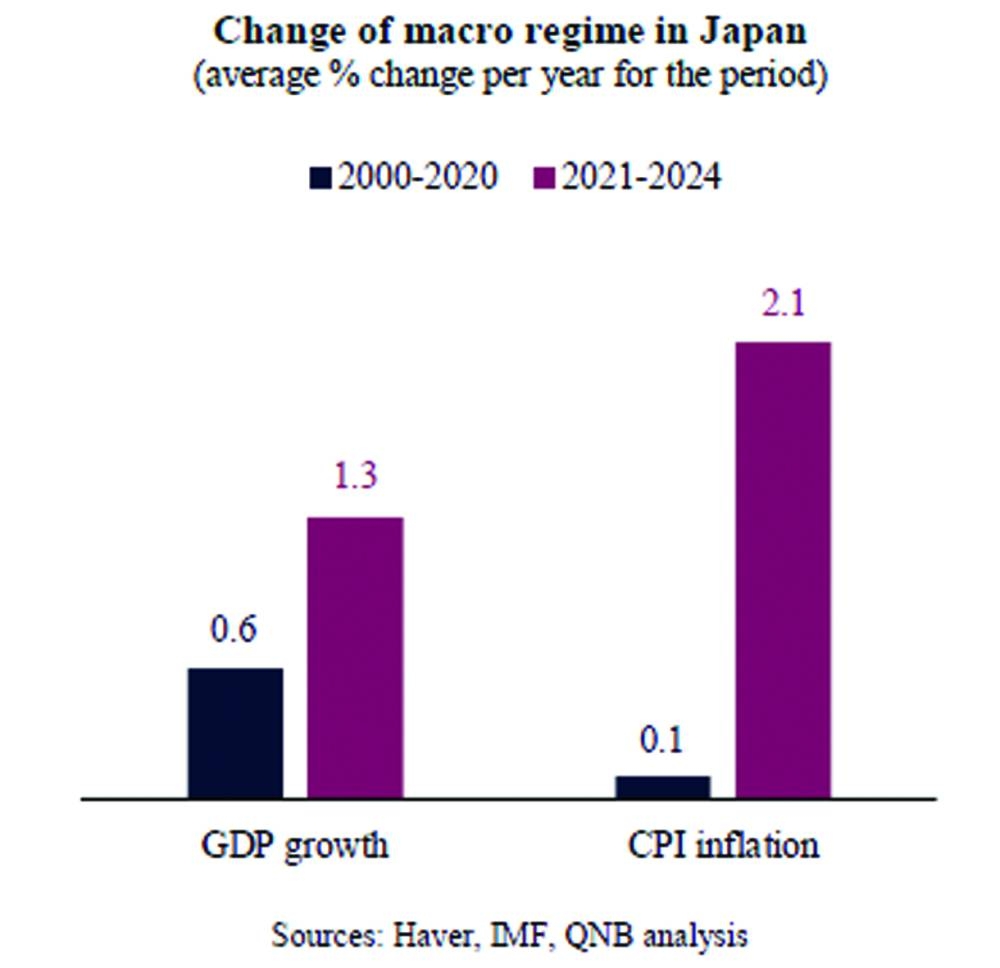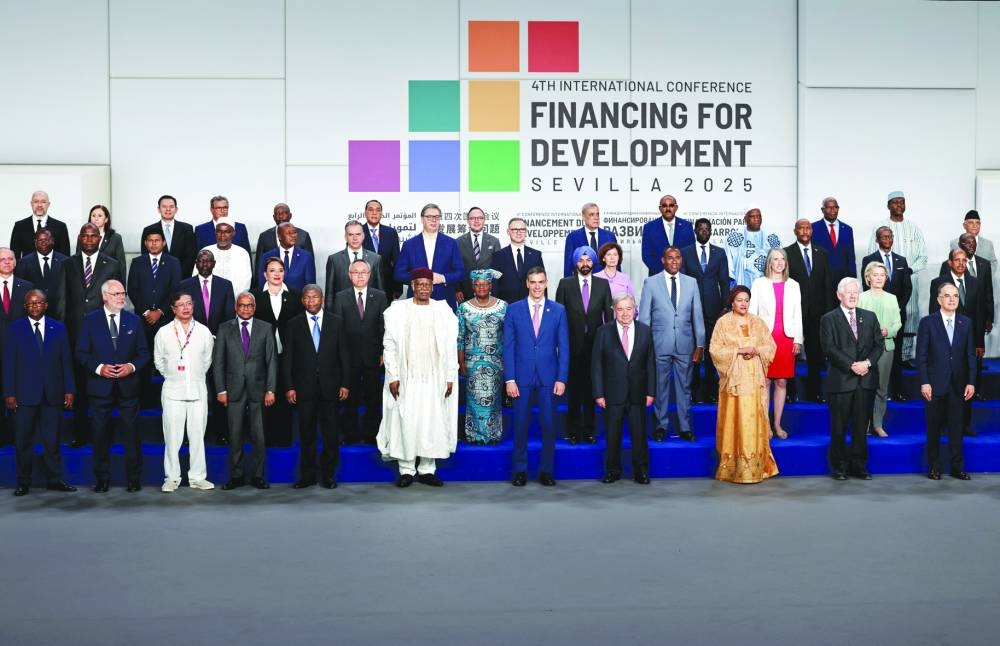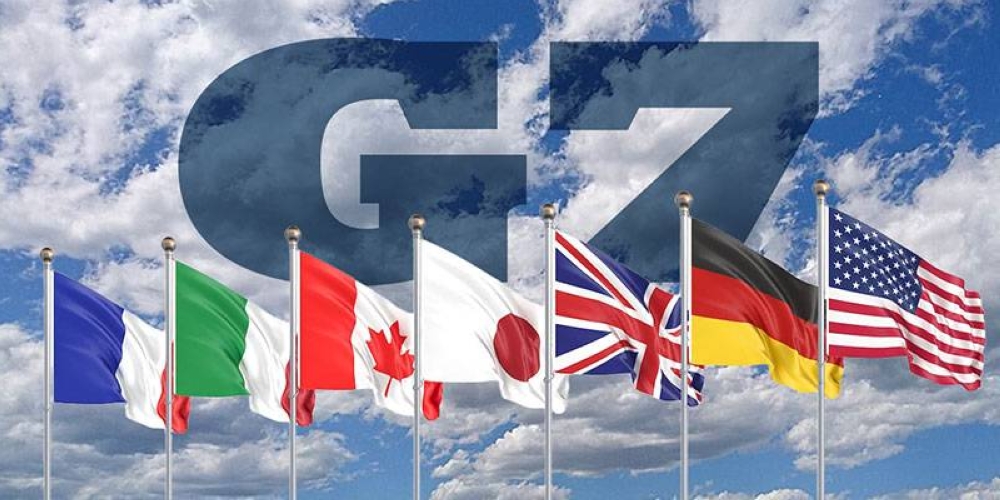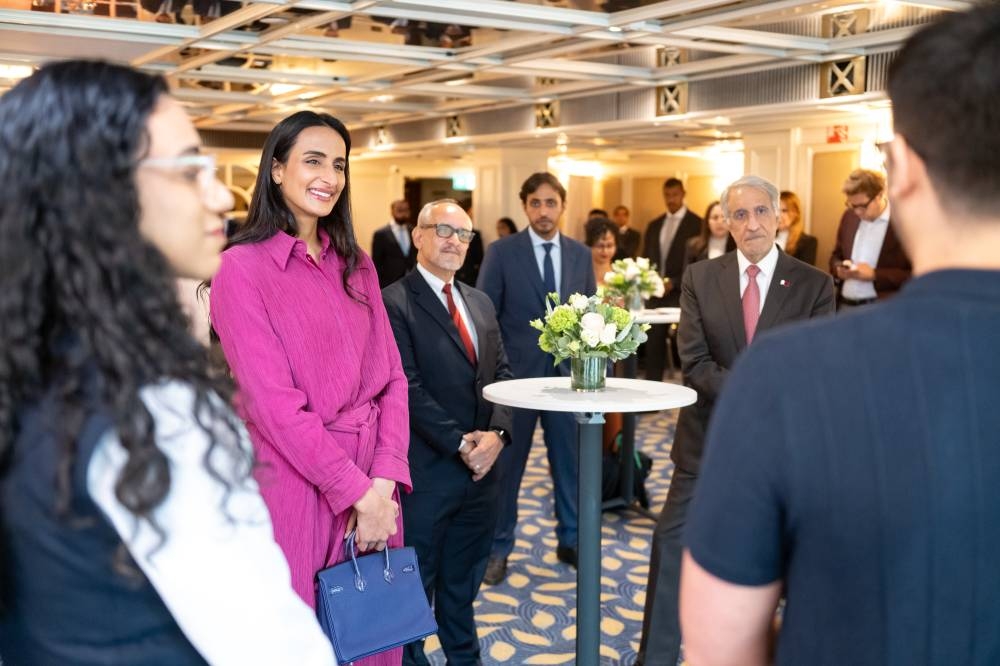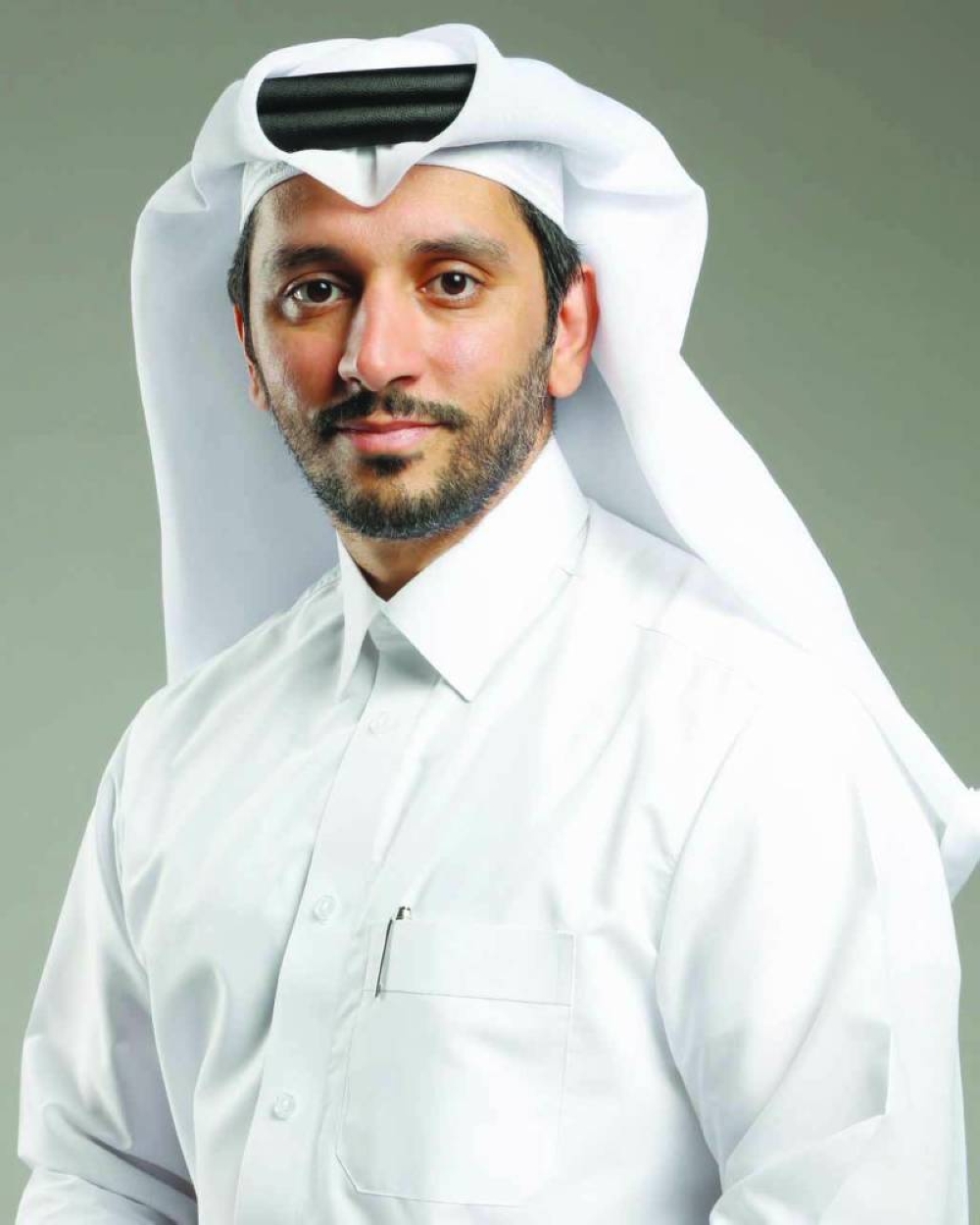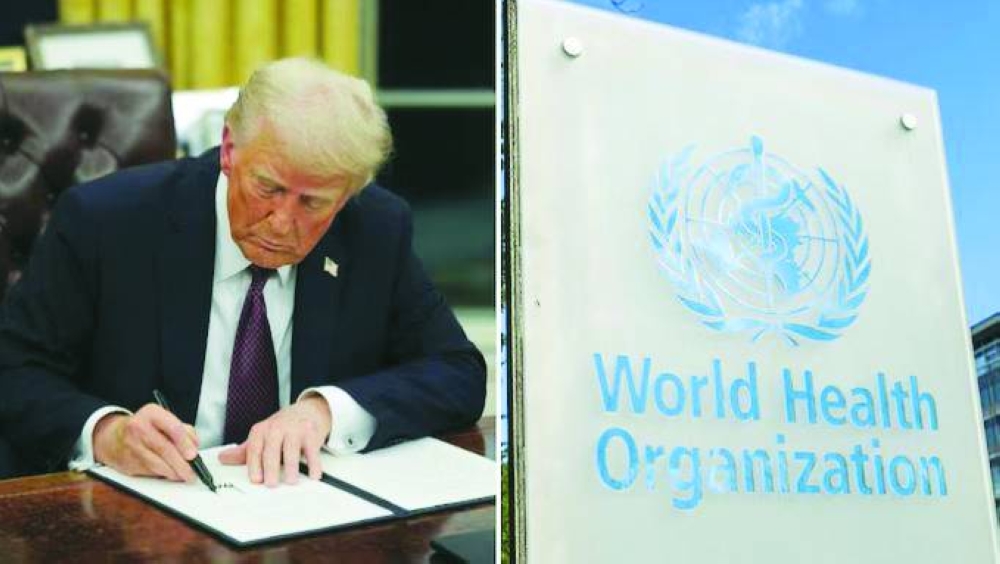Tucked beneath the armrest of a luxury business class seat in a factory in Wales lies a clue to a global aviation bottleneck that has left many airlines waiting impatiently for new jets.Before the armrest can support the pampered elbow of a premium passenger, a complex manufacturing jigsaw with as many as 3,000 parts from 50 suppliers in 15 countries needs to be meticulously assembled to produce the luxury seat.As air travel grows, this niche but critical part of the aerospace industry is at the centre of efforts to clear a logjam that has contributed to billions of dollars of aircraft delays for industry giants Airbus and Boeing, and higher fares for passengers.“If you look at this, all you would see is a top-level arm cap and think that’s very nice,” Dafydd Davies, industrial vice-president at Safran Seats GB, said during a visit to the company’s factory in Cwmbran, South Wales. “If you look below, there is a lot more to the mechanical assembly.”To understand the often overlooked issue of how something as outwardly simple as a seat can slow the entire jet supply chain, Reuters spoke to over a dozen people involved in seat making and purchasing, airline chief executives and designers.Coupled with bottlenecks in certification, growing airline demand for bespoke features has made it hard for a fragmented seat industry — only now getting back on its feet after the Covid pandemic — to achieve economies of scale and boost output.“There has been a perfect storm of what would otherwise not be industry-stopping problems,” said aircraft interiors expert John Walton, founder of specialist publication The Up Front. “It’s still very much a cottage industry.”Airbus warned airlines in May that delivery delays could persist for another three years as it works through a backlog of supply problems, which it blames chiefly on engines and seats.With air travel rebounding from the pandemic, airlines will need more than 8mn seats in the next decade, according to a study by Tronos Aviation Consultancy and AeroDynamic Advisory.It’s a business worth $52bn over 10 years.The cabin of a long-haul jet contains some of the world’s prime revenue-generating real estate, which is why airlines are prepared to pay $80,000-100,000 for a business-class seat and an astonishing $1mn for a first-class suite, insiders say.“There are only a few truly differentiated things you can do onboard as an airline: the crew, the seat, the catering. Not so much the aircraft. So that’s where we’re going in the premium classes,” said Lufthansa Group Chief Executive Carsten Spohr.At the airline industry’s annual Oscars every April in the German city of Hamburg, honours are handed out for inventions such as smart lavatories, smart seats and even smart bins.Entrance to the Aircraft Interiors exhibition is strictly by invitation and rows of showrooms are protected by security worthy of a jewellery store. Inside, each is an Aladdin’s cave of fast connectivity, eco-friendly materials and recently launched comforts such as headrests with built in audio.The most advanced innovations are even further out of sight.“It’s a secretive world. Sometimes they have the little back rooms where they’ve got a seat or product they haven’t publicly talked about,” Steven Greenway, CEO of Saudi carrier Flyadeal, said as he shopped for premium seats for Airbus A330neo jets.But behind the curtain is an industry struggling to graduate from a craftsman-like approach and small production runs to industrial scale — despite waves of consolidation which have whittled the sector down to two main rivals in premium seats: France’s Safran and RTX unit Collins Aerospace.Then comes Germany’s Recaro Aircraft Seating, which dominates economy seating but has struggled to break into premium, and rivals including China-owned Thompson Aero Seating and ventures backed by Airbus and Boeing: Stelia and Elevate.“They compete on innovation, yes, but when they produce, it’s not as reliable as the car industry,” said Lufthansa’s Spohr, whose airline has waited months for Boeing 787s grounded by missing seats, commenting on the overall seat industry.Longer ranges for smaller planes have also triggered a scramble to adapt premium seat designs to tighter spaces. Even the tapered shape of a fuselage and differences between left and right mean few luxury seats are exactly the same.Added to that are tough certification requirements designed to protect head impact, and a dearth of certification engineers.Seats typically last about seven years whereas planes themselves fly for 20-25 years, so even when jets are finally delivered, the need for new seats soon comes around again.“It’s been a problem for 20 years. It’s not just a recent issue. But I think it’s got worse,” Willie Walsh, director general of the International Air Transport Association and former head of British Airways, told Reuters.Failing to put the industry on a more solid footing could crimp the growth plans of airlines or force carriers to fly older planes for longer, and focus more on refurbishments.Now, some seat makers are trying to simplify production as they rebuild fragile global supply chains.Safran is one. Its seats unit finally broke even in the fourth quarter of 2024 after being battered, like many of its rivals, by the slump in demand during the global pandemic.“We’ve almost had to restart this industry. We’ve had to ramp back up again. We lost some longevity in talent because they decided to do something else,” said Safran Seats Chief Executive Victoria Foy.“The fact that we got 2.5 times more out the door in 2024 than the year before demonstrates we can ramp up,” she said in an interview at the company’s Cwmbran factory.On the factory floor, chips, screens and motors are pieced together in individual bays rather than on a moving production line since few luxury seats are the same. A walled-off workshop for first-class seats guarantees even more individual attention.“We are managing a similar level of requirements to that of a landing gear or an engine,” Foy said.Under pressure to avoid those spiralling out of control, Safran and others are now rethinking the way they build seats to marry the customised flourishes required by many airlines with the cookie-cutter approach needed for efficient assembly.Instead of developing each seat from scratch, manufacturers are looking to re-use underlying designs, much in the way auto makers often use one chassis for different models and brands.Using a limited set of underlying designs allows seat companies to do the basic engineering and certification earlier on, avoiding the risk of delays later in the process.But it’s not just about improving the factory floor.Air travel is changing, said Stan Kottke, president of interiors at Collins Aerospace.In the Middle East, more families fly in business class. In the United States, retirees want to travel in an ergonomic seat. Millennials are investing in high-end travel experiences.They all want something different from the typical business nomad and airlines may even have to cater to different users at different times of day, Kottke told Reuters in an interview.“You can build a platform that is deliberately designed for differentiation in a bunch of different directions,” he said.The disciplined approach is reshaping negotiations with airlines, where the CEO is often personally involved in the finer points ofcabin design.In a change of tone, suppliers are increasingly turning away business rather than chasing every deal, four people with direct knowledge of such talks said. In tenders, the reply “no bid” has become common, as seat suppliers avoid piling up financial risk.The industrial blockage has strained the delicate three-way relationship between planemakers, suppliers and carriers.Airlines often buy seats directly from suppliers such as Safran, Collins or Recaro but get Airbus or Boeing to fit them.Airbus is now exploring ways of charging seat firms penalties for delays that hold up deliveries of jets from its factories, two people familiar with the discussions said.None of the companies commented on contractual matters.Planemakers must also walk a tightrope between marketing the flexibility of their cabins while nudging airlines towards accepting greater standardisation to alleviate supply problems.Airbus has said it is acting to reduce risks to its own ramp-up plans from the “divergent complexity” of bespoke interiors, while Boeing has said the resulting bottlenecks in certification will be a challenge for the rest of this year.The two giants have a powerful ally in the leasing industry.“My advice to all airline CEOs would be... stop inventing more seats. I know every airline CEO wants to design their own business class seat - don’t do it,” said Aengus Kelly, chief executive of the world’s largest aircraft lessor AerCap.“Take one that is certified, that’s a very good product, and you’ll get your airplane in the air faster.”Airlines aren’t willing to give up one of their biggest branding weapons just yet.One of the latest carriers to unveil plush seating, Saudi startup Riyadh Air, ruled out any retreat from customisation.“I want a brand that’s unique and that uniqueness is presented in the cabin,” CEO Tony Douglas told Reuters.
Thursday, February 12, 2026
|
Daily Newspaper published by GPPC Doha, Qatar.



